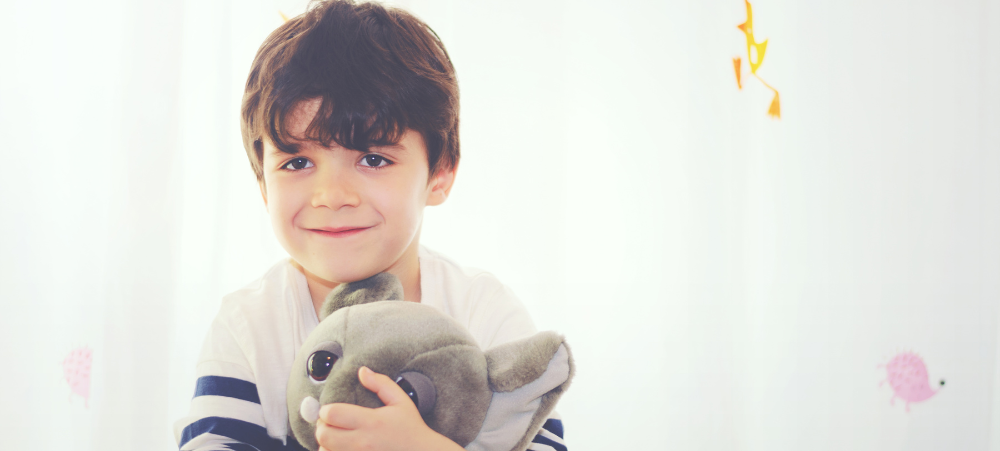A sensitive period is a block of time in a child’s life where they show intense interest in particular objects and experiences surrounding them in their environment. Children go through many sensitive periods for a certain time. They don’t all peak, develop or end simultaneously but can overlap each other.
Sensitive periods urge the child to focus on specific aspects of their environment, creating a need for interest to develop characteristics. They do not happen by chance, and they cannot be recaptured again, causing a disruption in the learning process. Once its purpose is fulfilled, it disappears, leaving the child refreshed and content. Sensitive period learning is spontaneous, joyful, and easy learning.
Co-ordinated movement appears in the womb and continues throughout life. The developmental aim is to explore the environment and to perfect personality through exploration. The inner work focuses on the child’s attention on learning to move and balance. The signs are each milestone of the child’s motor skills. The help they require from adults around them understand the desperate need to move, handle, and manipulate objects, space, and opportunity to explore their environment.
The rhythm and flow of the sounds of words without necessarily understanding what they mean from the human voice stimulate the sensitive period for language. The child is exposed to at every given opportunity. The signs we see are each milestone in language development, watching the mouth, babbling, syllables, and love for songs stories, and poems. The child will listen carefully to sounds around them and try to copy them. The child will learn new words easily. The child will try to read and write long before they have the skills to do so. Once this is fulfilled, the child loves to talk and contributes to groups and activities. If this is not fulfilled, the child withdraws, finds it difficult to settle to work and concentrate may not join in activities. Rich exposure to language and seeing adults talking, singing, reading, and writing is the best exposure for the child to gain access to this. The more exciting this is made, the more interested they will be.
It is as if a particular time has been set aside for exploring and appreciating the mysteries of creation and nature, which an adult often overlooks. The child needs this time to explore the world. Attention to detail is this particular time. The child will focus on the finest details in every aspect of life. They notice and are highly interested in tiny objects and the fine detail in objects, pictures, movements, and sounds. The aim of this is to develop attention and concentration. The child may sit for hours in joyful contemplation and be very observant of the fine details that an adult may miss. The child will sometimes point this fine detail out. For example, the child may see a chip on a mug and not use it or become distressed if something is replaced and does not match. Respect for this need needs to be given time to look at. Allow the time to stop and explore something they have noticed with the child.
The need to see, touch, taste, smell, hear and manipulate everything around them is the block in time for the refinement of sensory impressions. This is the need to explore the surrounding environment with all the senses. The child learns only through their senses and personal experiences being hands-on. This aims to gain information, order impressions, pair and classify, grade or categorise, and consolidate knowledge. The signs we see daily are an overwhelming interest to touch and manipulate everything. This should be encouraged at every given moment. Refinement of sensorial impressions lays a firm foundation for future learning.
The child attempts to learn the manners and customs of their environment and to serve others and themselves; therefore, it is food to involve them in daily life as much as possible. The child is intensely interested in the customs, habits, and culture of the surrounding community, which is known as an interest in social relations. Mothers usually recognise the child’s need for more comprehensive social experiences, and this is typically the age children start playgroups or daycare. The child is acutely observant of the social group, especially in the family unit. The child is also sensitive to fine detail at the same time, so this period is an extra spotlight on the detail of family and social experiences. The child observes all aspects of social life, how we greet each other, respect and treat each other, how we dress, habits, beliefs, how we speak, gestures and attitudes, and outlooks on life. They try to imitate what they see and hear. The child depends on loving and trusting relationships designed to meet their developmental needs to realise their full potential.
In conclusion, the child learns from repetition; during these times, repetition is very important for the child to perfect their needs and wants.
- SCREEN TIME AND ITS’ EFFECT ON LANGUAGE DEVELOPMENT - March 15, 2024
- Is your child a bully? - March 12, 2024
- Emotional and Social Milestones of a 6-year-old - October 17, 2023





Watching a baby develop character of their own after copying your own behaviour is the most amazing thing. My baby is now 11 years and I still can’t believe how much she has developed her own persona…now there’s another little one in the way so the journey begins again
That’s what I normally do with my nephew and it helps